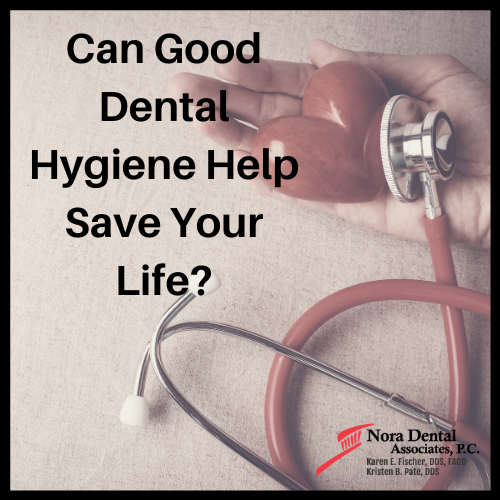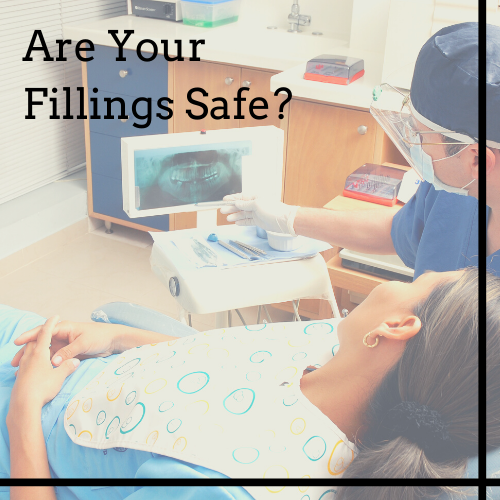 We all know that good dental hygiene can help prevent cavities, tooth decay, and gingivitis but new studies have found that brushing your teeth 3 or more times a day significantly reduces the risk of atrial fibrillation and heart failure. Many studies (including this recent one by Dr. Tae-Jin Song of Ewha Womans University) have been done about the linking between oral health and cardiovascular health. Some studies have found oral bacteria in those people receiving treatment for stroke. Additionally, there has been a link discovered between those with severe gum disease and hypertension. The findings of Dr.Tae-Jin Song (mentioned above) concluded that, "Poor oral hygiene can provoke transient bacteremia and systemic inflammation, a mediator of atrial fibrillation and heart failure." The long term study also found that "Brushing the teeth three times or more a day was linked with a 10% lower chance of developing A-fib and a 12% lower risk of heart failure.”
We all know that good dental hygiene can help prevent cavities, tooth decay, and gingivitis but new studies have found that brushing your teeth 3 or more times a day significantly reduces the risk of atrial fibrillation and heart failure. Many studies (including this recent one by Dr. Tae-Jin Song of Ewha Womans University) have been done about the linking between oral health and cardiovascular health. Some studies have found oral bacteria in those people receiving treatment for stroke. Additionally, there has been a link discovered between those with severe gum disease and hypertension. The findings of Dr.Tae-Jin Song (mentioned above) concluded that, "Poor oral hygiene can provoke transient bacteremia and systemic inflammation, a mediator of atrial fibrillation and heart failure." The long term study also found that "Brushing the teeth three times or more a day was linked with a 10% lower chance of developing A-fib and a 12% lower risk of heart failure.”
There are currently more studies being done to find out what else oral gum diseases effect. They have found some links between oral health and poorly controlled diabetes. An infection in your gums can cause insulin resistance which results in difficult-to-control blood sugars. Scientists have also found a link with oral health and preterm births. The National Institute of Dental and Craniofacial Research estimates that as much as 18% of preterm/low birth weight babies born in the United States each year may be attributed to oral infections.
These studies help to increase the emphasis on good oral health. Not only does good oral health improve the health of your mouth, teeth, and gums but has long term effects on your overall health.

 It has long been considered a dental taboo to chew gum but recent studies have shown that sugarless gum may actually be helpful instead of harmful. In fact, these studies have determined that chewing sugarless gum for 20 minutes after each meal can indeed help prevent tooth decay. The primary reason that the gum is useful in dental health is that it increases the flow of saliva. Having additional saliva in your mouth is beneficial in that it assists in washing away debris and food. Increased saliva also brings with it more calcium and phosphate, both of which helps strengthen tooth enamel.
It has long been considered a dental taboo to chew gum but recent studies have shown that sugarless gum may actually be helpful instead of harmful. In fact, these studies have determined that chewing sugarless gum for 20 minutes after each meal can indeed help prevent tooth decay. The primary reason that the gum is useful in dental health is that it increases the flow of saliva. Having additional saliva in your mouth is beneficial in that it assists in washing away debris and food. Increased saliva also brings with it more calcium and phosphate, both of which helps strengthen tooth enamel. 



